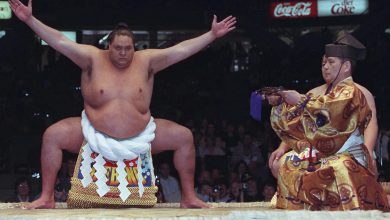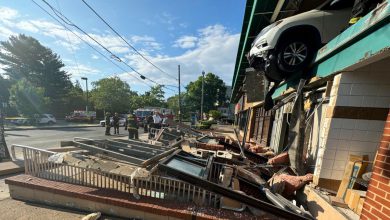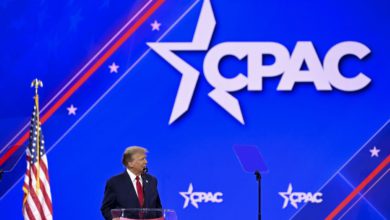Five SCOTUS Justices’ Comments on Prez Immunity Come Back to Haunt Them

Collective amnesia seems to have struck the conservative majority on the Supreme Court, especially around the question: Is the president above the law?
Five of the six conservative justices who ruled to give the president absolute immunity for “core” presidential duties seem to have made contradictory statements during their Senate confirmation hearings.
“No man is above the law,” Neil Gorsuch told Sen. Patrick Leahy (D-VT) during his confirmation hearing in 2017.
Gorsuch even doubled down, calling the court’s landmark 1952 decision in Youngstown v. Sawyer, which reigned in presidential authority, a “brilliant opinion.”
Similarly, Brett Kavanaugh told the Senate that “no one is above the law” during his 2018 confirmation hearing, according to CNN. Amy Coney Barrett concurred during her hearing, but like Kavanaugh, obfuscated on presidential pardons, according to The New York Times.
“That question may or may not arise, but that is one that calls for legal analysis of what the scope of the pardon power is,” Barrett told the Senate on the extent of the presidential pardon.
Kavanaugh told the Senate, “The question of self pardons is something I have never analyzed.”
In Samuel Alito’s confirmation hearing he told the senate that “no president, Democratic or Republican, no president is above the law, as neither are you, nor I, nor anyone in this room.”
Alito also praised the Youngstown ruling, adding that during Watergate it was “the responsibility of the judiciary to hold fast,” in forcing President Nixon to abide by subpoenas.
Chief Justice John Roberts concurred, citing Youngstown as binding the president to the law.
“Senator, I believe that no one is above the law under our system, and that includes the president,” he said in his 2005 confirmation hearing. “The president is fully bound by the law, the Constitution and statutes. Now, there often arise issues where there’s a conflict between the Legislature and the Executive over an exercise of Executive authority, asserted Executive authority. The framework for analyzing that is in the Youngstown Sheet and Tube case, the famous case coming out of President Truman’s seizure of the steel mills.”
Presidential pardons, Youngstown and presidential immunity were not discussed in Clarence Thomas’ confirmation hearing.
Get the Daily Beast’s biggest scoops and scandals delivered right to your inbox. Sign up now.
Stay informed and gain unlimited access to the Daily Beast’s unmatched reporting. Subscribe now.
Source link




